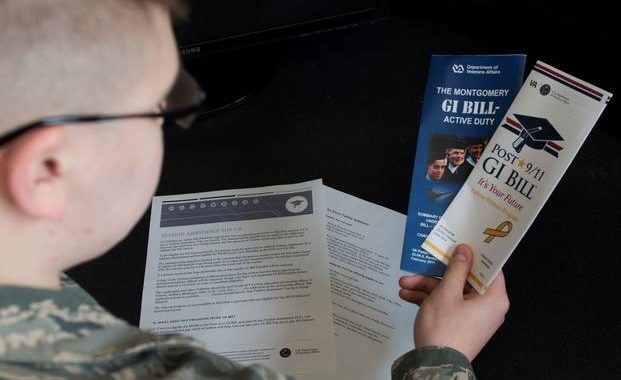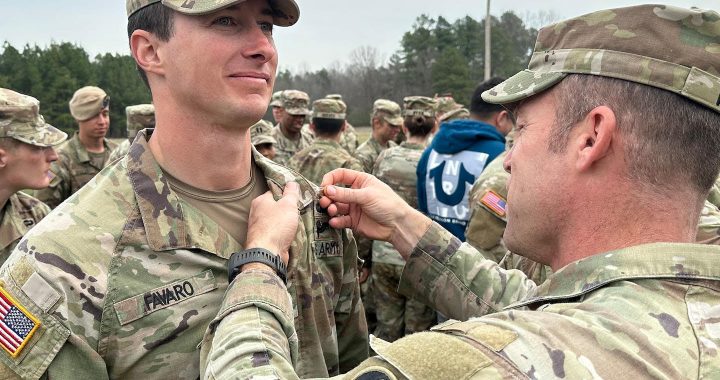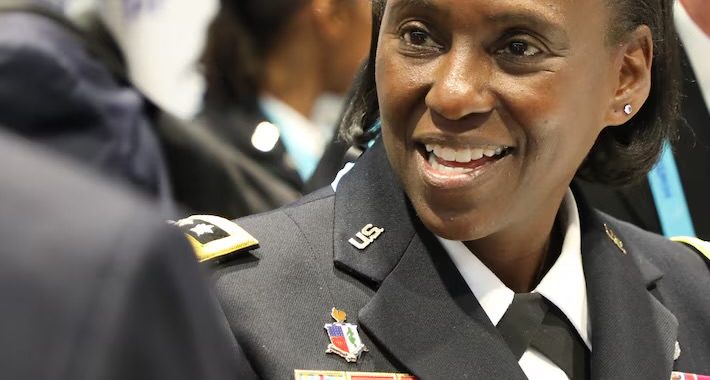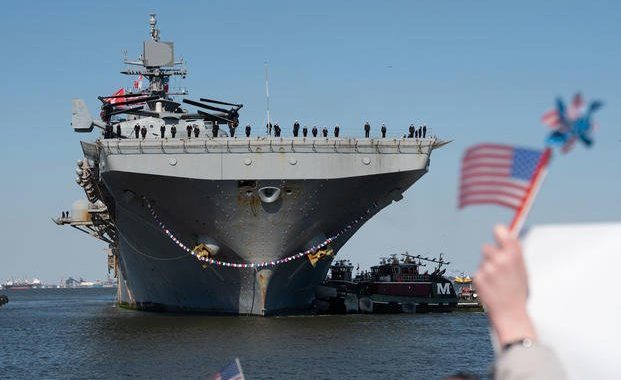Navy hospital ship stops on Oahu ahead of Pacific mission
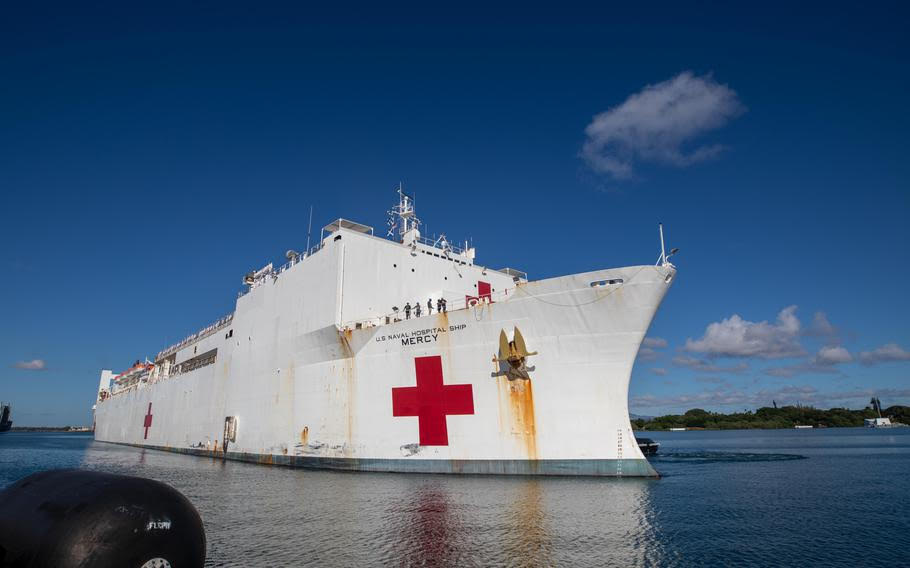

Military Sealift Command hospital ship USNS Mercy arrives at Joint Base Pearl Harbor-Hickam on Oct. 18. 2023.
The Navy hospital ship USNS Mercy is in Hawaii this week as it prepares for a deployment to several Oceania islands as part of the Navy’s Pacific Partnership program.
Mercy arrived in Pearl Harbor on Wednesday morning after a voyage from San Diego and is expected to make stops in the Republic of the Marshall Islands, Solomon Islands, Palau and the Federated States of Micronesia.
This is the 19th iteration of Pacific Partnership and about 800 service members are participating. The annual mission comes as the U.S. and China compete for influence with Pacific island nations.
The program sprang out of the U.S. response to the aftermath of the deadly December 2004 tsunami that devastated parts of South and Southeast Asia during which the U.S. mobilized military assets and personnel to support the relief effort. Since 2006 the Navy has deployed medical personnel, engineers and other specialists around the region for aid programs as well as disaster preparedness initiatives.
“Host nations invite us to participate, and we help them address critical infrastructure, most notably with schools and hospitals, community centers,“ said Capt. Brian Quin, the Navy officer overseeing this year’s program. “We’re also with this mission able to go out and help them with some assessments of bridges along the way. So helping them address their own critical infrastructure needs.”
When fully staffed, the 70,000-ton Mercy is a 1,000-bed hospital. While it was built to support wartime operations, taking in wounded and casualties from combat, the last time it did so was during Operation Desert Storm in 1990-91.
Capt. Jeff Feinberg, a Navy medical officer who has been in charge on Mercy since July 2021, said that while combat support is the ship’s primary function, humanitarian missions are far more often what it does and are something he said “we’re more excited about.”
Feinberg participated in last year’s Pacific Partnership that traveled to the Solomon Islands, the Philippines, Vietnam and Palau.
Among new programs this year, Feinberg said, “we’re excited to be doing some cataract surgeries, which we did not do last time, which is going to be a fantastic process because it’ll literally be giving many people the gift of sight.”
He said that in the Marshall Islands medical personnel will also do a mission aboard the Liwatoon-mour, a civilian hospital ship. The Japanese Ministry of Health donated the vessel to the RMI last year on a voyage to the island nation’s remote atolls for a mission supporting tuberculosis eradication.
In the Solomon Islands, service members will be supporting the regional Pacific Games, which this year will take place in Honiara.
“The Solomon Islands had asked last year for us to come back to support the Pacific Games,“ Feinberg said. “We’re coming back, we’re going to be supporting the games themselves, with over 100 man-hours out there supporting the athletes, the spectators … as well as supporting the host nation and planning some disaster responses should that happen during the games.”
Mercy’s deployment begins not long after the Chinese navy wrapped up a summer deployment of its hospital ship Peace Ark on its own tour of Oceania.
Over the span of 79 days the ship and its crew visited Kiribati — an island nation south of Hawaii — as well as Tonga, Vanuatu, the Solomon Islands and East Timor. Chinese state-run news outlet Xinhua reported that the Peace Ark and its crew “used boundless love and superb medical skills to serve as messengers of health, peace, and friendship “ during what it called a “pragmatic “ mission.
The U.S. has been trying to step up engagement in the Pacific islands as Chinese influence and investment in the region has grown.
In 2019 Kiribati and the Solomon Islands cut diplomatic ties with Taiwan and established relations with Beijing. Both countries have since joined the Belt and Road Initiative, a series of Chinese-funded infrastructure projects aimed at promoting trade with China.
Last year, Solomon Islands Prime Minister Manasseh Sogavare quietly drafted a defense agreement with China that only became public when it was leaked to local media. After years of focusing attention and resources elsewhere, the U.S. has since opened embassies in the Solomon Islands and Kiribati to reinvest in ties in island nations.
Feinberg said that one of the things he’s come to appreciate is the cultural aspect of his mission.
The Pacific Fleet Band is traveling along and is learning and practicing songs from each of the countries they are visiting. Feinberg said that when the band joined the voyage in 2022, he was “skeptical, “ believing they would take up space on a mission that was supposed to be about medicine but that “there was like 24, 000 people who saw the band, and it means a lot when, when other people, when they hear one of their popular songs in their language.”
“One of the things that I love about the power Pacific Partnership is I have an incredibly diverse crew, “ said Feinberg. “Anywhere we go, I got somebody who looks like you. We went to Vietnam last year, I got sailors who speak Vietnamese, we went to the Philippines, I got a sailor that speaks Tagalog … that means a lot because America is very diverse and when we go to other countries, we were very quickly able to show ‘hey, we’ve got a lot in common,‘ and it’s pretty fantastic.”

